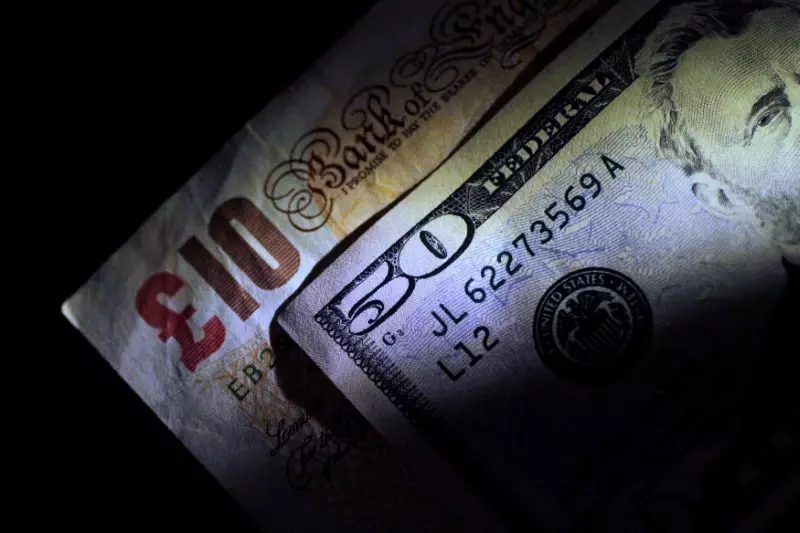The U.S. dollar slipped lower in early European trade due to weak economic data, which raised expectations of interest rate cuts by the Federal Reserve. The Dollar Index, which tracks the greenback against a basket of six other currencies, traded 0.2% lower at 104.900, indicating a decline in the value of the dollar. The release of data showing softer-than-expected ADP employment figures and a weak purchasing managers index reading on non-manufacturing activity contributed to the dollar’s retreat. This data has increased expectations that a cooling U.S. economy will persuade Fed officials to sanction interest rate cuts in the near future.
The euro benefitted from the dollar weakness, rising 0.1% to 1.0794. However, the single currency may struggle to hold onto its gains amid regional political uncertainty. The European Central Bank is cautious not to rush into its next interest rate cut, as a host of risks could still derail eurozone disinflation. The euro has fallen more than 1% since French President Emmanuel Macron called for a surprise snap election on June 9, and uncertainty ahead of Sunday’s run-off election may hinder its potential for substantial gains.
Sterling edged higher as the U.K. went to the polls in a general election. GBP/USD rose 0.2% to 1.2759, with the opposition Labour Party widely expected to end 14 years of power for the Conservative Party. The latest polls give Labour an approximate 20-point lead, and it seems unlikely that the change in government will influence the policy path for the Bank of England. The U.K.’s tight finances mean any new government will have little room to drastically increase public spending, impacting the trajectory of the British pound.
In Asia, USD/JPY traded 0.3% lower to 161.21, after nearly crossing the 162 level on Wednesday. The pair was still trading well above 160 – the level that had last attracted government intervention in May. With Japanese officials reiterating their commitment to defend the yen, traders remained on guard over potential intervention. Traders speculated that the government would take advantage of low trading volumes during the July 4 U.S. market holiday to intervene. USD/CNY remained largely unchanged at 7.2701, close to seven-month highs amid waning confidence in the Chinese economy.
Weak economic data and political uncertainty have significant impacts on global currencies. The U.S. dollar, euro, British pound, and Asian currencies are all affected by various external factors, leading to fluctuations in their values. It is essential for investors and traders to closely monitor economic indicators, political developments, and central bank policies to make informed decisions in the volatile foreign exchange market.

